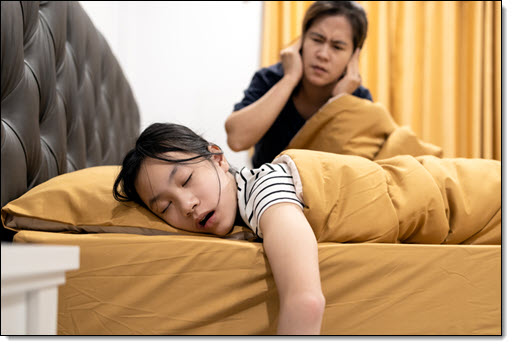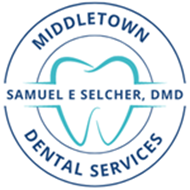Teeth grinding doesn’t only affect adults. Many children grind their teeth at night without realizing it. While some cases resolve naturally, persistent bruxism can damage developing teeth. Parents who understand the signs and causes can take early steps to protect their child’s oral health.
Recognizing Signs of Bruxism in Children
 Parents may notice grinding sounds during sleep, worn tooth surfaces, or complaints of jaw soreness in the morning. Children with bruxism may also experience headaches, earaches, or disrupted sleep. Regular dental checkups are key to identifying early wear patterns. Dentists can often spot grinding before parents realize it’s happening.
Parents may notice grinding sounds during sleep, worn tooth surfaces, or complaints of jaw soreness in the morning. Children with bruxism may also experience headaches, earaches, or disrupted sleep. Regular dental checkups are key to identifying early wear patterns. Dentists can often spot grinding before parents realize it’s happening.
Causes Behind Childhood Teeth Grinding
Bruxism in children often stems from stress, misaligned teeth, or growth phases. Emotional stressors like school changes or new environments may trigger grinding. Children with bite misalignments or missing teeth may grind as their jaws shift. In some cases, medical conditions such as sleep apnea contribute. Identifying the cause helps guide effective treatment.
Potential Complications if Left Untreated
Untreated bruxism can wear down enamel, cause tooth sensitivity, or lead to cracked teeth. Severe grinding may even affect jaw development. Children may also struggle with poor sleep quality, which impacts focus and mood. Early intervention prevents long-term oral health problems.
Treatment Options and Prevention
Dentists may recommend custom night guards for older children. Stress reduction strategies, like establishing calming bedtime routines, also help. In some cases, orthodontic treatment corrects misalignments that contribute to grinding. Parents should encourage regular dental visits to monitor changes and ensure healthy development.
Childhood bruxism is common but manageable. By recognizing signs early and working with a dentist, parents can protect their child’s teeth and promote healthy oral habits.

